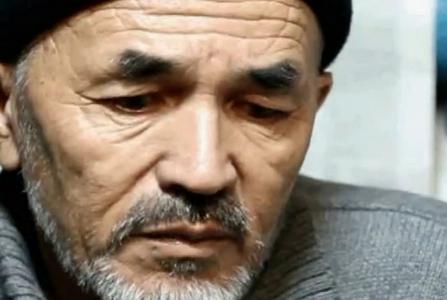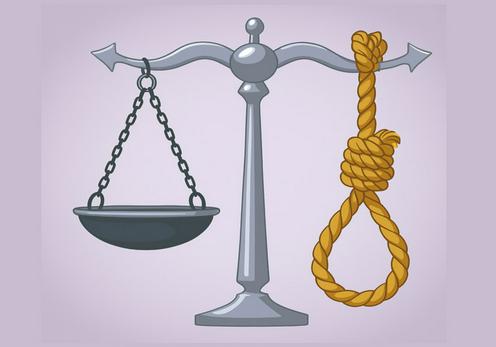The Kyrgyz government’s initiative to reinstate the death penalty represents an extremely dangerous and regressive move that seriously undermines the fundamental principles of human rights protection.
The main and irrefutable argument against the death penalty is the real possibility of judicial error. In every judicial system in the world, there is a risk of convicting an innocent person — and the death penalty makes such mistakes irreversible.
According to human rights organizations, in the United States, for every six people executed, one person sentenced to death was later exonerated.
What guarantees, then, can Kyrgyzstan’s judicial system — which already inspires “deep distrust” among its own citizens — possibly provide?
In practice, the death penalty disproportionately affects the most vulnerable groups: low-income citizens, minorities, and those who cannot afford qualified legal defense. As Russian lawyers have warned, “The lifting of the moratorium will most harm low-income citizens who cannot afford competent lawyers.”
A vast body of research has convincingly shown that the death penalty has no proven deterrent effect. Offenders do not act rationally when committing serious crimes. As criminologists note, “A criminal does not think about being caught — or hopes it will never happen.”
Kyrgyzstan ratified in 2010 the international protocol prohibiting the death penalty and obligating the country never to reinstate it. A return to executions would constitute a gross violation of these international commitments and a retreat from the civilizational standards of human rights protection.
The proposal to restore the death penalty is nothing but a populist measure driven by emotional public reaction to a high-profile crime rather than by a rational assessment of the effectiveness of various punishments. As legal experts rightly point out, “Emotions are out of place in this discussion”; what is needed is a professional evaluation of the situation.
Under no circumstances should the state become the executioner of its own citizens. There are alternative measures, such as life imprisonment without parole, that ensure public safety without violating the fundamental human right to life.
Instead of returning to the barbaric practice of state executions, Kyrgyzstan should focus on improving its justice system, preventing crime, and supporting victims. Legal populism built on the thirst for revenge has never led to a safer or fairer society.
Daniil Kislov is an international journalist, founder and editor-in-chief of Fergana News.
-
 14 February14.02From Revolution to Rupture?Why Kyrgyzstan Dismissed an Influential “Gray Cardinal” and What May Follow
14 February14.02From Revolution to Rupture?Why Kyrgyzstan Dismissed an Influential “Gray Cardinal” and What May Follow -
 23 December23.12PhotoTokyo DriveJapan to invest about $20 billion in projects across Central Asia over five years
23 December23.12PhotoTokyo DriveJapan to invest about $20 billion in projects across Central Asia over five years -
 17 December17.12Sake for SixCentral Asia’s Rapprochement with Japan Comes with Hidden Pitfalls
17 December17.12Sake for SixCentral Asia’s Rapprochement with Japan Comes with Hidden Pitfalls -
 17 September17.09Risky PartnershipWhy Dealing with China Is Harder Than It Seems at First Glance
17 September17.09Risky PartnershipWhy Dealing with China Is Harder Than It Seems at First Glance -
 06 August06.08What went wrong in Central Asia’s coronavirus response?How poor planning and a fixation on faulty test results undid months of hard work
06 August06.08What went wrong in Central Asia’s coronavirus response?How poor planning and a fixation on faulty test results undid months of hard work -
 27 July27.07Video“Askarov’s death was in the interests of numerous criminals”Fergana General Director Daniil Kislov’s statement on the death of rights activist Azimjan Askarov
27 July27.07Video“Askarov’s death was in the interests of numerous criminals”Fergana General Director Daniil Kislov’s statement on the death of rights activist Azimjan Askarov





